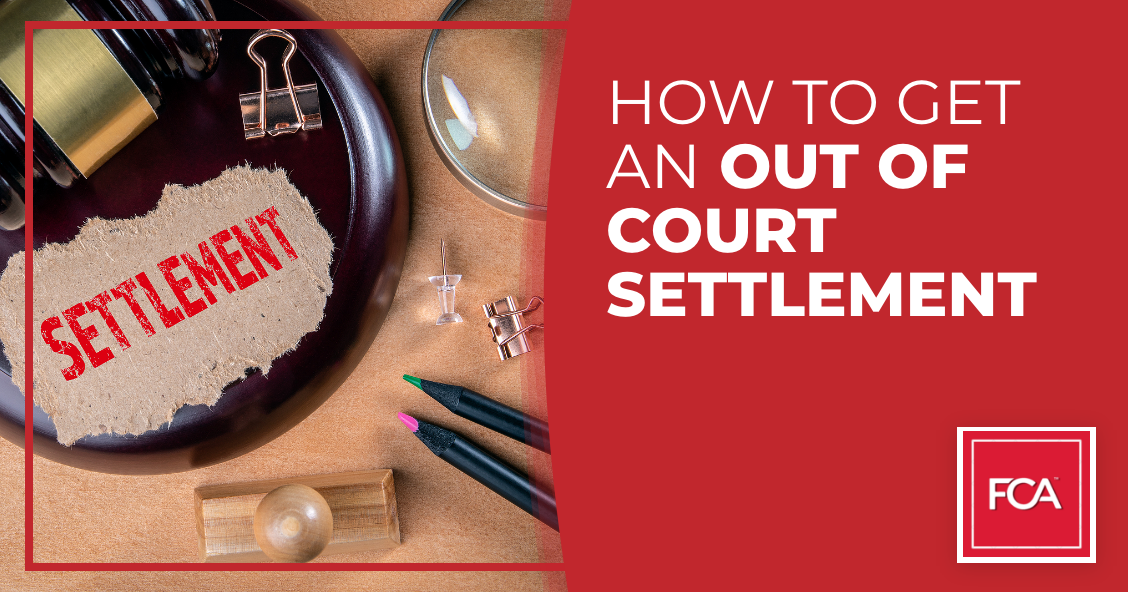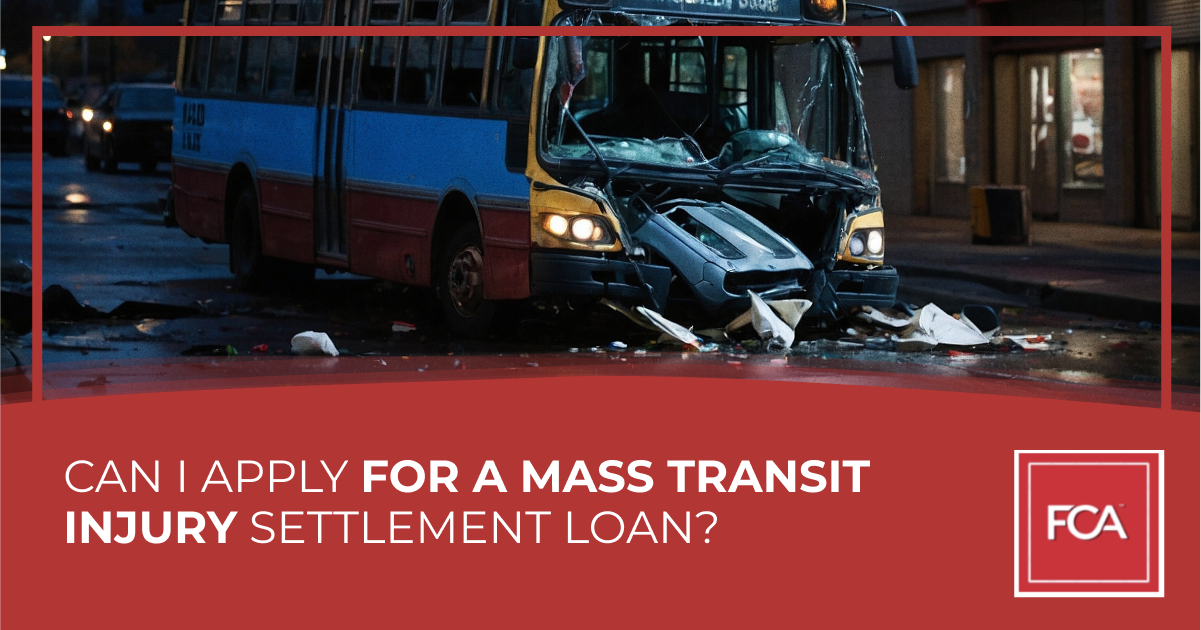Litigation and court trials are expensive. Parties in a lawsuit often agree to an out of court settlement to resolve their dispute and save money, time, and energy. It’s the final decision and ends any potential proceedings. In most cases, you can’t be forced to settle out of court, and there’s a greater degree of control by the parties involved in the outcome of the case.
An out of court settlement is:
- A faster means of dispute resolution.
- Cheaper than pursing litigation.
- Rarely involves a determination of fault.
While a trial is an extremely formal process, settlements can be carried out with more freedom and creativity. The parties can not only work together, but also work in confidentiality, so personal information and other details are kept out of public record.
So, how do you settle out of court? There are several options for alternative dispute resolution, depending on the situation and what the parties agree to. Here are some of the routes you can take:
Negotiation
Negotiation can be as simple as a face-to-face conversation between two parties, in which you can find out if the adversary is aware of the problem, acknowledges responsibility, and is reasonable in finding common ground to remedy the situation. This doesn’t mean you shouldn’t have an attorney involved. A lawyer can draft a document that clearly states the issue, and it should be signed by each party to make the agreement official.
The process of negotiation often progresses as follows:
- Offer: One party makes an offer to settle the dispute. The terms may be beneficial for both parties, although the initial offer is often more in the presenting party’s interests.
- Counteroffer: Issued by the party that receives the offer, it typically changes some terms to make it more favorable to them. Counteroffers can continue to go back and forth, establishing boundaries for negotiating.
- Stops and Starts: During informal negotiations, the process may stop if both parties can’t reach an agreement, and start when one or more parties evaluate the dispute and are pushed toward a settlement agreement.
When an agreement is reached, it is written, signed, and submitted to the court, which can then enforce it as a binding order. Negotiation in general is less structured than other forms of dispute resolution. Many parties therefore struggle when it comes to reaching an agreement.
Mediation
Mediation is a formal negotiation process commonly used for out of court settlements. It involves a mediator, or neutral third party, who designates a time and place to negotiate, gives the process structure, and allows parties in the dispute control over the outcome. The mediator also keeps the parties focused on resolving the issues. Mediation is therefore helpful for parties who need guidance, but are not influenced by outside parties.
Usually voluntary, mediation must be agreed to by all parties involved. Sometimes, a court may require parties to participate in mediation if it’s likely to resolve the case. The process typically starts with the mediator encouraging parties to come up with a solution; they may suggest solutions as well. However, they can’t influence the thinking of any parties involved.
The next step, bargaining, is similar to negotiation. It can proceed in a joint session or separately through the mediator. The formal aspect of mediation is a set of rules the parties must follow. Any agreements signed in the process are enforceable in court.
Conciliation
The process is similar to mediation, except the conciliator suggests solutions to resolve disputes. Parties are encouraged to work together and given space to preserve their relationship. Each issues a statement sharing their point of view and what they expect. Listening to the parties, the conciliator offers suggestions to help settle the case.
If the parties agree, they can sign the agreement and end the process. They can continue talking if they don’t like the suggestion and speak with the conciliator in creating an alternative. The party-focused nature of conciliation allows underlying issues to be identified to restore the relationship between the parties, regardless of how they’ve struggled to find a solution. For conciliation to work, all parties must be cooperative.
Arbitration
Arbitration involves a discussion between parties, while a third party, or arbiter, makes a legally binding decision. Generally, you don’t have control over the decision (however, nonbinding arbitration can accommodate parties that don’t agree to it). The arbiter must follow the law in coming to their decision, or award, or else it can be overturned by a judge. And decisions are legally enforceable.
Legal counsel can be present during arbitration. The process costs more than mediation and is usually suited for cases involving money. A different form is high-low arbitration, in which upper and lower limits for a monetary award are determined (this helps when working with insurance companies). Labor arbitration is more formal as it follows a more institutionalized approach.
Facilitation
A facilitator, or third party, leads a conversation with a group to identify and solve issues, move closer to settlement, or settle a dispute. They can help consider various solutions, but the goal of facilitation isn’t resolution. It merely begins a conversation to help parties reach a workable solution by finding the cause of their issues.
The main steps to facilitation include identifying problems, negotiation, and giving parties information to make free and informed decisions. You’re not just agreeing to move things along. Each party must commit to their choices and outcomes. Facilitation helps in cases that are complex (not due to legal issues), have underlying issues yet to be identified, or are impacted by undressed conflicts.
Get Your Case Funded Today
Pursuing an out of court settlement, while not as challenging as a trial, can be a somewhat complex process. At Fund Capital America, we can finance your case and allow all parties to take time to arrive at a solution, no matter what method of dispute resolution is used. Get your funding on the same day you apply, and there’s no repayment if you don’t win! Apply now or call 310-424-5176



